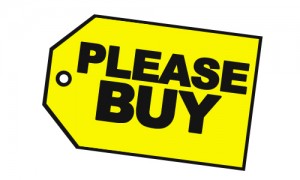
With all honor to Vic, but something else loves the Alps but hates the snow:
After a prolonged summer drought, the bustling traffic at one of the shallowest points on the Rhine ground to a halt for nearly a month late last year, choking off a critical transport artery. The impact damped Germany’s industrial machine, slowing economic growth in the third and fourth quarters. It was the latest sign of how even advanced industrial economies are increasingly fighting the effects of global warming.
and
With its source high in the Swiss Alps, the Rhine snakes 800 miles through the industrial zones of Switzerland, Germany and the Netherlands before emptying into the sea at Rotterdam, Europe’s busiest port. It serves as a key conduit for manufacturers such as Daimler AG, Robert Bosch GmbH and Bayer AG.
When low water halted shipping this summer, steelmaker Thyssenkrupp AG was forced to delay shipments to customers like automaker Volkswagen AG as it couldn’t get raw materials to a mill in Duisburg.
Though not nearly as important a commercial waterway, we saw this on the Elbe during the summer of 2015. ‘What did we think would happen?’ is being displaced by ‘what do we do now?’ Imagine an average teenager in a ‘borrowed’ car, three drinks more than he’s used to, dashed from the drive-through without paying but not before dinging the BK awning and hitting the highway, sees a patrol car pass in the opposite the direction, hit the lights and squall a U-turn. Our answers in a pinch of what’s best to do next might not be the most trustworthy. If we had planned for this, sure, we probably would have had the drinks but maybe not taken the car so no dine-n-dash, cops or DUI fender scuffs. But we did do all those things, in that order, the lights are flashing and sirens blaring. So what do we do now? Our lines are open, higher-than-normal rates apply.


